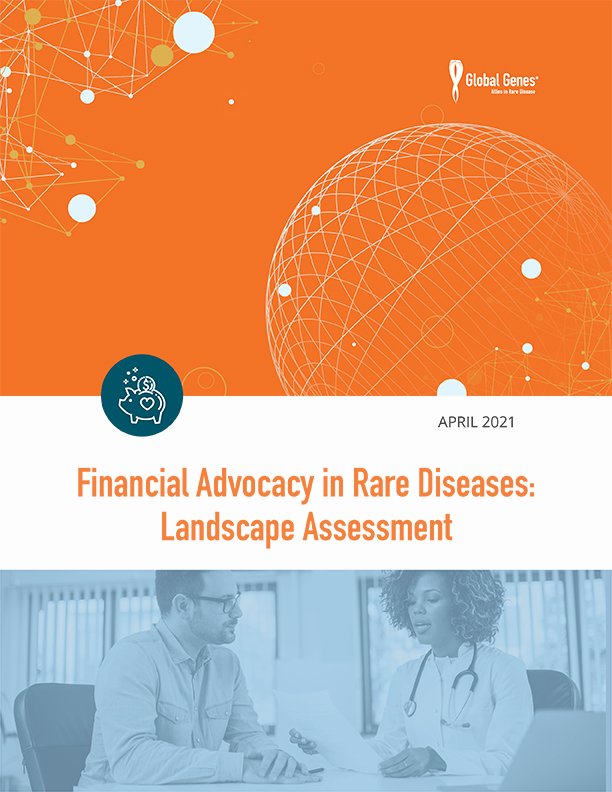 Financial distress is a multidimensional concept derived from health disparities research that refers to lack of access to
Financial distress is a multidimensional concept derived from health disparities research that refers to lack of access to
material, social, and cultural resources that support the individual, household, and wider collective experience and negotiation of healthcare. Other similar terms that have gained traction in the context of health and health care to explain the impact of health on household and individual finances include financial distress, financial stress, financial hardship, financial problem, financial toxicity, financial burden, economic burden, economic hardship, and financial impact. Although the financial advocacy landscape has been sketched out in cancer, less is known about financial distress in the rare disease population.
The purpose of this landscape assessment is to support the development and maintenance of a sustainable, grassroots initiative focused on addressing financial advocacy and the impact on psychosocial well-being and quality of life for patients with rare diseases. The assessment has two key objectives:
1. Better understand and define determinants (i.e., policy, socio-economic) of financial well-being for patients with rare diseases.
2. Determine patient and clinical financial literacy, and education gaps and needs to support shared decision-making

Stay Connected
Sign up for updates straight to your inbox.
